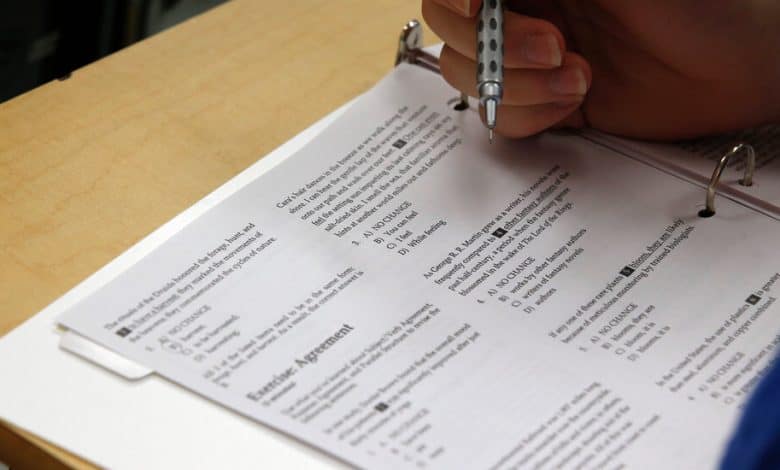No More No. 2 Pencils: The SAT Goes Fully Digital

With adolescent anxiety surging and attention spans challenged, high school students will take a revamped version of the SAT on Saturday, which has been designed in part to reduce stress, according to the College Board, which administers the test.
The exam will be briefer — two hours and 14 minutes instead of three hours — and students will have more time for each question. The reading passages will be much shorter, and test-takers will now be able to use an online graphing calculator for the entire math section of the exam.
And after 98 years of students scratching answers on paper, the SAT will now be fully digital for the remote-learning generation.
The College Board said its piloting of the exam showed it was just as rigorous as the paper test, but less intimidating for students. And those with A.D.H.D. and dyslexia, as well as those learning English, reported that they were “better able to maintain their focus” on the digital test, compared with the earlier format, said Jaslee Carayol, director of communications for the College Board.
Delivering the test digitally will also reduce the possibility of cheating, the College Board said, because few students will receive the exact same exam. In both reading and math, test-takers who perform well early in the exam will receive harder questions as they go along. (The College Board says scores will be accurate, regardless of the difficulty of questions.)
There are critics, though. The switch to shorter reading passages has not been universally celebrated by English teachers, many of whom believe that in the face of constant distractions from technology, students need to develop greater reading stamina.

Here’s What It’s Like to Take the New SAT
Students will take a new SAT on Saturday. It’s all digital, and the reading and writing sections do away with page-long reading excerpts with eight to 11 questions.
